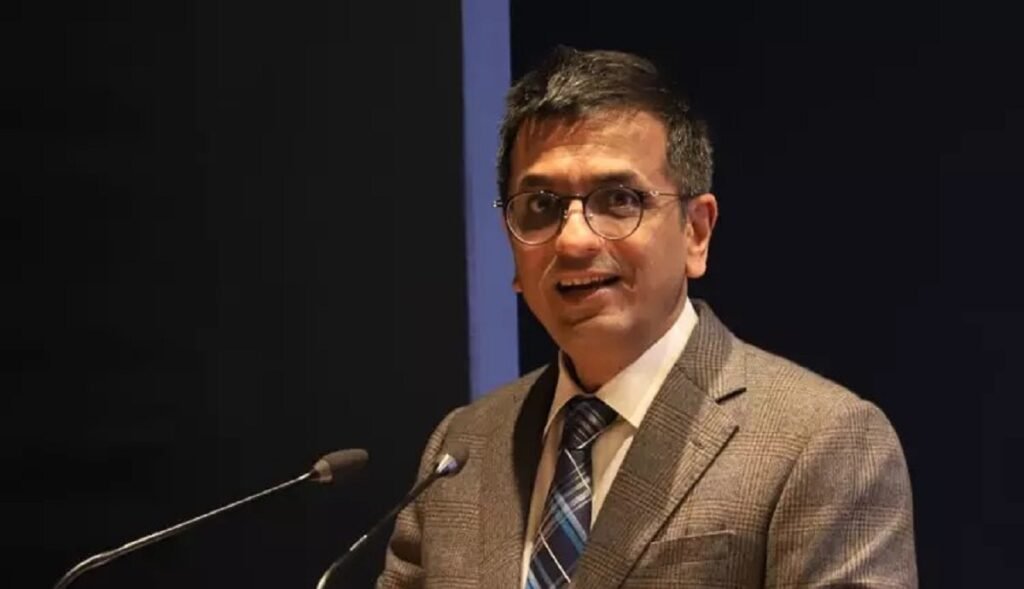
Former Chief Justice of India (CJI) Justice D. Y. Chandrachud on Friday underlined the responsibility of judges to act not only as interpreters of the law but also as healers of society. Delivering the Independence Day address at the Meghalaya High Court in Shillong, he said that empathy and compassion must guide the judiciary in its relationship with the people.
“Sometimes, just giving a citizen a patient hearing is an act of healing,” Justice Chandrachud remarked, stressing that judgments alone cannot resolve the deeper wounds of society. He observed that citizens often approach the courts not merely for legal relief but also for reassurance that justice is alive, accessible, and humane.
Reflecting on the spirit of Independence, the former CJI said freedom was not confined to liberation from colonial rule but was also about “internal liberation of the mind and spirit.” He urged India’s youth to safeguard the country’s cultural and social diversity and to use their energy for constructive nation-building. He emphasised the need for self-motivation and innovation, pointing out that young people are the drivers of India’s future progress.
Justice Chandrachud commended the Meghalaya High Court for acting as a “sentinel of governance” and serving as a bridge between citizens and the rule of law in a culturally rich and diverse state. He also praised India’s strides in education, infrastructure, and agricultural self-sufficiency. Improved road connectivity between Guwahati and Shillong, he said, stood as a visible example of development that has brought people and opportunities closer.
Earlier in the day, the Independence Day programme began with the hoisting of the National Flag by Chief Justice of the Meghalaya High Court, Justice I. P. Mukerji, in the presence of Justices H. S. Thangkhiew, W. Diengdoh, and Biswadeep Bhattacharjee, along with judicial officers, staff, and dignitaries.
Addressing the gathering, Justice Mukerji emphasised the importance of duty above all else, saying, “Karma is in our hands, not the fruits of it.” He praised the court’s infrastructure and the dedication of its staff, while also underlining the importance of further strengthening judicial institutions in the state to ensure timely justice delivery.
Both Justice Chandrachud and Justice Mukerji concluded their addresses by highlighting the collective responsibility of citizens, institutions, and leaders in shaping India’s future. They stressed that an inclusive and strong India can only be built when diversity is celebrated, duties are upheld, and every individual contributes to the nation’s progress.
